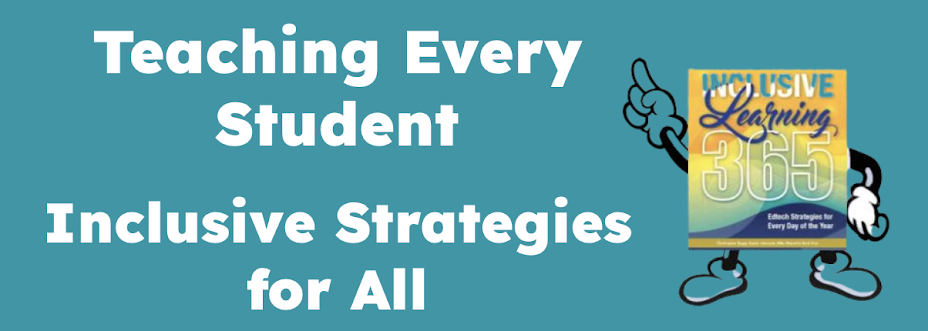Anyone who works with struggling learners must grasp the importance of balancing remediation with compensation. Remediation allows the student to gain the foundational skills necessary for academic success.Compensation allows the student to bypass the academic challenges which result from their learning disability, while they are receiving remediation. With compensatory techniques, students have access to the general education curriculum despite their learning challenges. Accommodations remove the obstacles which frequently hinder student success.
Special educators and other specialists, often overemphasize remediation at the expense of accommodation and compensation. What are the unintended consequences of this imbalance?
- Gaps in acquired skills. When remediation alone is emphasized, students are taught at their developmental level. This may be two or more grade levels below their current grade. Their peers continue to have exposure to grade level text and vocabulary while they fall further behind IF accommodations are overlooked.
- Remedial instruction often includes "kill and drill" components making learning less than joyful. How much learning actually occurs in the absence of engagement and joy? (See Judy Willis' work on The Neuroscience of Joyful Learning.)
- Instruction focuses on students' deficits areas, continually pointing out that they are behind their peers and therefore, must not be as smart. Remediation often emphasizes deficits at the expense of strengths.
So, tomorrow, add accommodations which work to your lesson plans. If you need ideas, a good starting place is the UDL Tech Toolkit wiki. Peruse the numerous free tools and strategies.And think how they can bridge the gap and make learning fun again.

2 comments:
I do so agree.
Digital techologies enable learners to demonstate knowledge and understanding and to construct their own meanings without the barrier of print.
The skills of a medieval clerk, valued so highly for so long, are no longer so relevant in the 21st century.
That is not to say that we don't have an obligation to teach reading and writing. The printed and written word is not dead. Yet. But we have a duty to ensure our youngsters are equipped for life today, with education in information literacy and the analysis of text, author's craft, sentence structure, vocabulary in multi-modal platforms too.
A text is the medium through which ideas, experiences, opinions and information can be communicated.
Many learners with reading difficulties (dyslexia is my area of expertise) have great skills in interpreting and creating a wide range of texts that don't demand decoding skills.
Educators must recognise this as you say.
Hillary,
Thank you for adding your perspective. As you point out, our students who are struggling readers have other strengths which are frequently overlooked. We can use those strengths to teach the skills that are necessary to achieve in 2010 and beyond.
Post a Comment